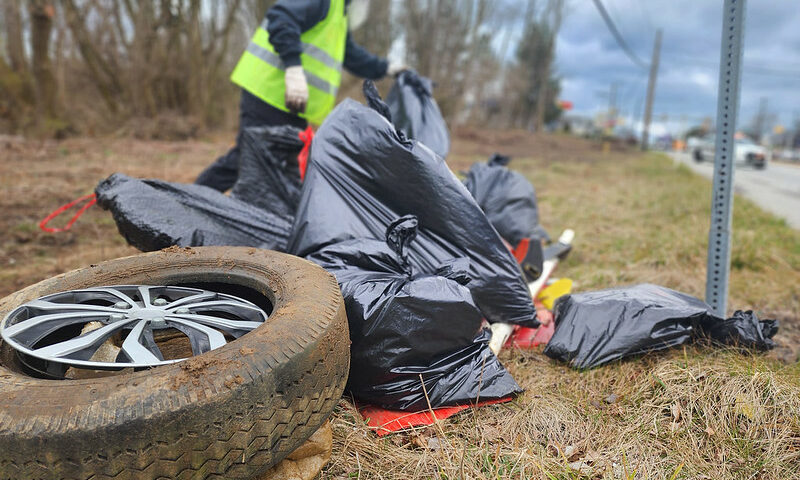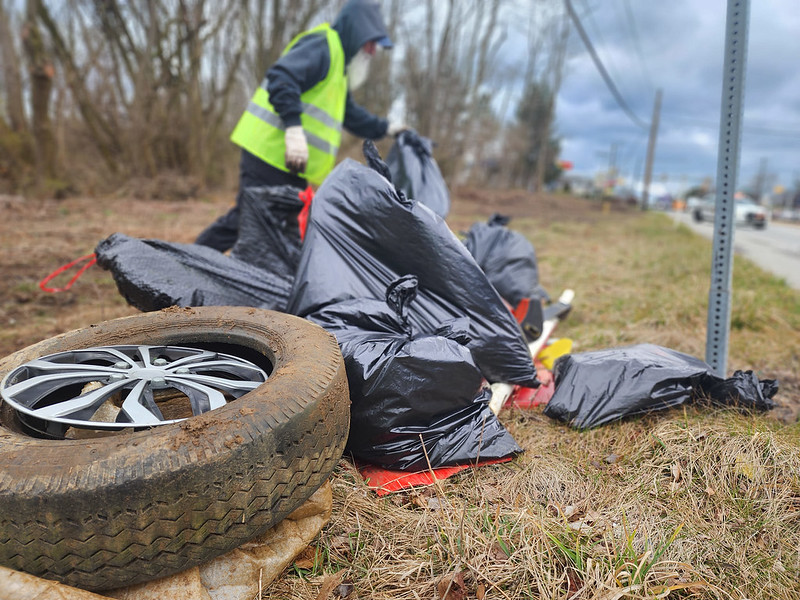Bill would crack down on littering and illegal dumping in PA

(WPMT FOX43) Throwing out an empty coffee cup or water bottle could soon be a lot more costly. Driving the change is a proposed law that would raise the maximum fine for littering.
Under HB 95, the punishment for a first conviction for an individual litterer would rise from a fine of $300 to $2,000, as well as up to 30 hours of community service picking up trash and/or up to a year in prison. Additional convictions could receive a maximum fine of $5,000 and 100 hours of community service.
Garbage collection businesses that dump their loads on roads or waterways could face fines up to $10,000 for a first conviction, up from the current $5,000.
State Rep. Donna Bullock, (D-Phila.), who introduced the bill, said it was necessary to prevent both individual litterers and unscrupulous garbage collection business operators.
“They’re going to see it as just the cost of business to just dump it in the community and take the fine instead of just paying to dispose of that waste in a proper way,” she said.
Republican lawmakers in the House have argued that rather than more fines, more enforcement is needed of litter laws, as well as more pressing priorities.
Despite disagreements over how to fix it, litter is a growing issue in Pennsylvania—literally. There are 502.5 million pieces of litter on the states roads, according to the Pa. DEP. The most common littered items are cigarette butts and plastics.
As trash builds up, so do the costs. Keep Pennsylvania Beautiful, a nonprofit, estimates municipalities end up paying $600 per ton for cleanups.
“Areas that are already have litter and illegal dumping are more likely to receive more of that down the road. Cleanups are 100 percent essential but cleanups are not sustainable,” said Rob Dubas, program coordinator at Keep Pennsylvania Beautiful.
The group released a Litter Law Enforcement Study in January that found members of law enforcement and the criminal justice system do not necessarily favor higher fines as a method to prevent littering. Instead, the study recommended simplified littering laws, stronger enforcement and more public education on the proper ways to dispose of items.
See Keep PA Beautiful’s research on litter and illegal dumping




